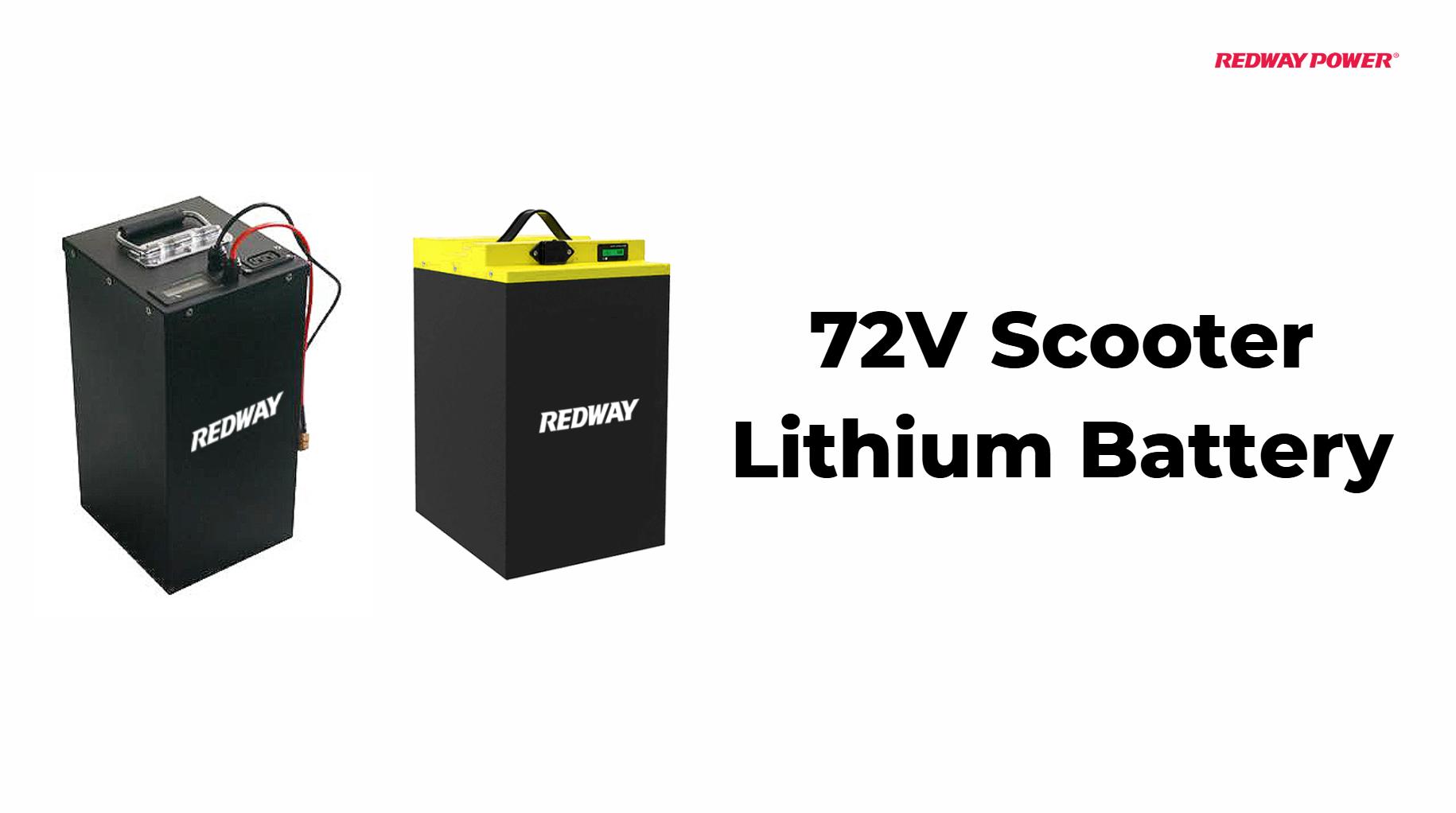How Long Can a 60 Ah Battery Last?
A 60 Ah battery can last anywhere from 1 to 10 hours, depending on the load it is powering. For example, if used to power a device that draws 60 watts, the battery could last approximately 10 hours. However, if the load increases, the runtime decreases accordingly. Understanding these dynamics is essential for effective energy management.
How long can a 60 Ah battery last under different loads?
The runtime of a 60 Ah battery is calculated based on its capacity and the power consumption of the devices it powers. The formula to estimate runtime is:
Assuming a 12V battery, the calculation would be:
For example:
- At 60W load:
- At 120W load:
Chart: Estimated Runtime Based on Load
| Load (W) | Estimated Runtime (Hours) |
|---|---|
| 30 | 24 |
| 60 | 12 |
| 90 | 8 |
| 120 | 6 |
| 180 | 4 |
What factors influence the lifespan of a 60 Ah battery?
Several factors impact how long a 60 Ah battery can effectively operate:
- Depth of Discharge (DoD): Regularly discharging a battery deeply can shorten its lifespan. Ideally, lithium batteries should not be discharged below 20% capacity.
- Charge Cycles: Each complete charge and discharge cycle affects overall lifespan. Lithium batteries typically handle more cycles than lead-acid batteries.
- Temperature: Extreme temperatures can negatively affect performance and longevity. Batteries should ideally operate within 20°C to 25°C (68°F to 77°F).
Chart: Factors Affecting Battery Lifespan
| Factor | Impact on Lifespan |
|---|---|
| Depth of Discharge | Deeper discharges reduce lifespan |
| Charge Cycles | More cycles lead to wear |
| Temperature | Extreme temps shorten life |
Why is it important to consider the depth of discharge?
The depth of discharge (DoD) refers to how much energy has been drawn from the battery compared to its total capacity. For instance, if you use 30 Ah from a 60 Ah battery, your DoD is 50%. A lower DoD generally leads to a longer lifespan, as batteries endure less stress when not fully discharged regularly.Chart: Depth of Discharge Effects
| DoD (%) | Expected Lifespan (Cycles) |
|---|---|
| 20 | Up to 3000 |
| 50 | Up to 2000 |
| 80 | Up to 1000 |
How do temperature and environmental conditions affect battery life?
Temperature plays a crucial role in determining how long a 60 Ah battery will last. High temperatures can accelerate chemical reactions within the battery, leading to faster degradation, while low temperatures can reduce capacity and efficiency. Ideally, batteries should be stored and operated in moderate temperatures.Chart: Temperature Effects on Battery Performance
| Temperature Range (°C) | Effect on Performance |
|---|---|
| Below -10 | Reduced capacity |
| Optimal (20 – 25) | Best performance |
| Above +40 | Increased degradation rate |
What are common applications for a 60 Ah battery?
A 60 Ah battery is versatile and commonly used in various applications:
- Recreational Vehicles (RVs): Powering lights, appliances, and entertainment systems.
- Solar Energy Systems: Storing energy generated from solar panels for later use.
- Marine Applications: Starting engines and powering onboard electronics.
- Backup Power Systems: Providing emergency power during outages.
Chart: Applications for a 60 Ah Battery
| Application Type | Typical Use Case |
|---|---|
| RVs | Lights and appliances |
| Solar Systems | Energy storage |
| Marine | Engine start and electronics |
| Backup Power | Emergency lighting |
How can you extend the lifespan of a 60 Ah battery?
To maximize the lifespan of your 60 Ah battery, consider these best practices:
- Avoid deep discharges; keep the charge level above 20%.
- Use appropriate charging methods; avoid overcharging.
- Store in moderate temperatures; protect from extreme heat or cold.
- Regularly maintain connections; ensure terminals are clean.
Chart: Best Practices for Battery Maintenance
| Practice | Benefit |
|---|---|
| Avoid Deep Discharges | Extends cycle life |
| Proper Charging | Prevents damage |
| Moderate Storage Temp | Maintains capacity |
Latest News
Recent advancements in battery technology have led to improved efficiency and longevity for batteries like the 60 Ah model. Innovations such as smart charging systems are helping users optimize their energy usage while prolonging battery life. Additionally, growing interest in renewable energy solutions has increased demand for reliable storage options like these batteries.Editor Comment
“Understanding how long your battery will last under various loads is crucial for effective energy management,” states an industry expert. “By considering factors such as depth of discharge and temperature, users can significantly enhance their batteries’ performance and lifespan.”

